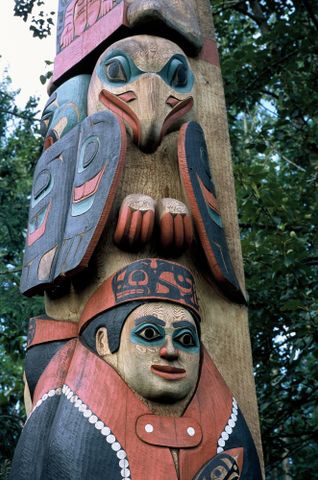Film, discussion
Chapter 1: Alaska Aleuten
D: Ulrike Ottinger, D 2015, original version with German and English subtitles, 190 min

Screening and talk with: Ulrike Ottinger, Aleida Assmann, Jan Assmann, Bernd Scherer
Ulrike Ottinger is a multiple award-winning filmmaker, artist, photographer, writer, theater and radio director. Born in Konstanz in 1942, at the age of twenty she moved to Paris, where she lived for six years as a freelance artist and attended lectures by Claude Lévi-Strauss, Louis Althusser and Pierre Bourdieu in art history, religious studies and anthropology. In 1966 she wrote her first screenplay entitled Die mongolische Doppelschublade. It was followed by a variety of experimental documentaries and feature films (including Madame X, 1977; Freak Orlando, 1981; Südostpassage, 2002; Under Snow, 2011) covering a wide range of mythological and ethno-poetic works as well as photographic works exploring the cultures of various East Asian and Southeast European countries, but also the society of her own country. Her films have been screened at international festivals from Cannes to Toronto and have received many awards, including the audience award in Montréal and the German Film Prize (Gold, for Johanna D’Arc of Mongolia) in 1989 and the German Film Critics’ Award in 1986 (for China. Die Künste – Der Alltag) and 2008 (for Prater). In 2011 she was conferred the Hannah Höch Prize of the State of Berlin for her life’s work.
Aleida Assmann was professor of English and literature at the University of Konstanz from 1993 - 2014. Between 1968 and 1975 she and her husband went on several excavations in Upper Egypt. In 1977 she earned doctorates in English as well as in Egyptology and in 1992 she qualified as professor at the modern languages faculty of the University of Heidelberg. Visiting professorships took her to Rice University in Texas, the Ivy League universities Princeton and Yale and the University of Vienna. In 2009 she was awarded the Max Planck Research Award and in 2011 the Ernst Robert Curtius Prize for Essay Writing. Cultural anthropology has been a focus of her research since the 1990s, in which she has worked on themes of cultural memory, remembrance and oblivion. She has published numerous works on English literature, the history of reading and the culture of remembrance, including the monographs monographs Im Dickicht der Zeichen (2015), Ist die Zeit aus den Fugen? Aufstieg und Fall des Zeitregimes der Moderne (2013) and Shadows of Trauma: Memory and the Politics of Postwar Identity(2015)
Jan Assmann was professor of Egyptology at the University of Heidelberg from 1976 to 2003, since 2005 he is Honorary Professor for religious theory and general cultural studies at the University of Konstanz. He had guest professorships at several universities in Paris, at Yale, in Jerusalem and Chicago. He was awarded the Max Planck Research Award in 1996 and the German Historian´s Prize in 1998. In addition to archaeological fieldwork (Theban necropolises) his research interests are theoretical and comparative perspectives on Egyptian religion and literature, cultural theory (cultural memory), general religious studies (polytheism and monotheism) and the reception of Egypt in European intellectual history. Selected writings include Cultural Memory and Early Civilization: Writing, Remembrance, and Political Imagination (1992), The Mind of Egypt: History and Meaning in the Time of the Pharaohs (1996), Religion and Cultural Memory: Ten Studies (2000) and Death and Salvation in Ancient Egypt (2001) and Exodus - Die Revolution der Alten Welt (2015).